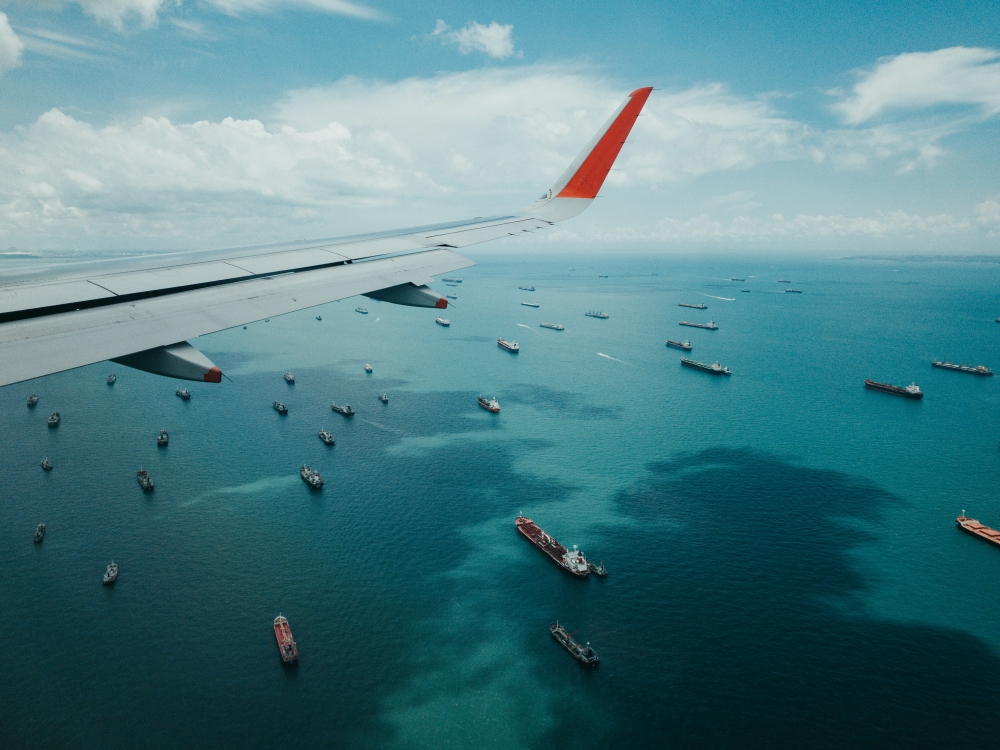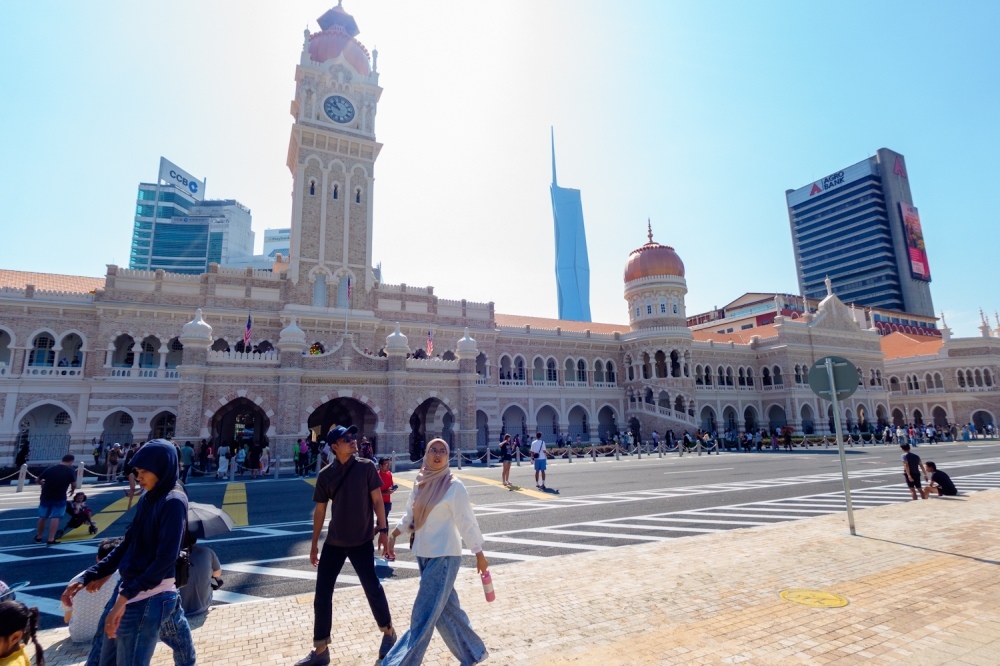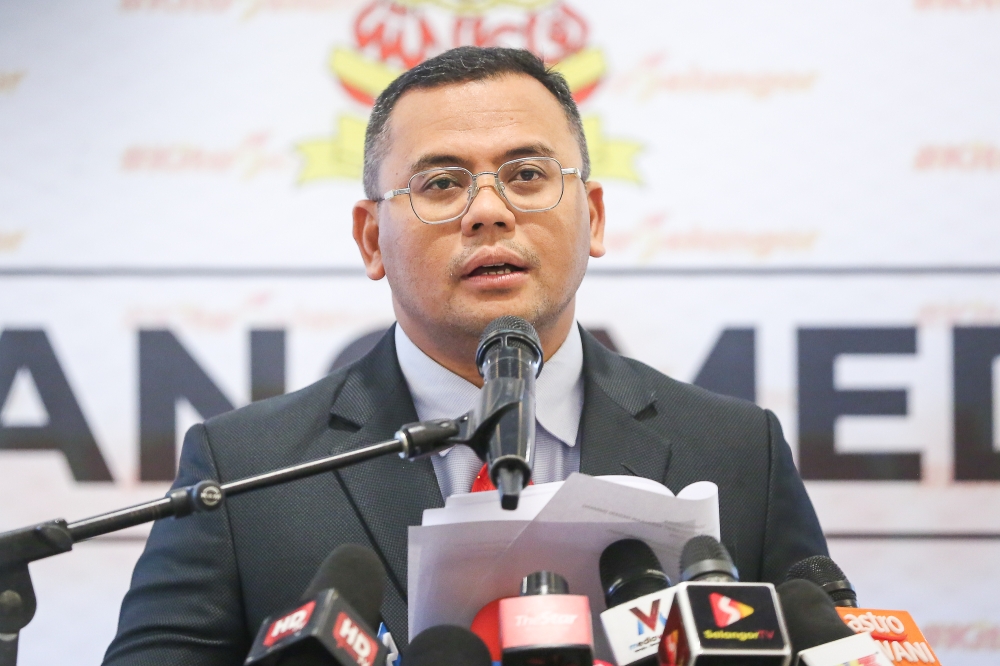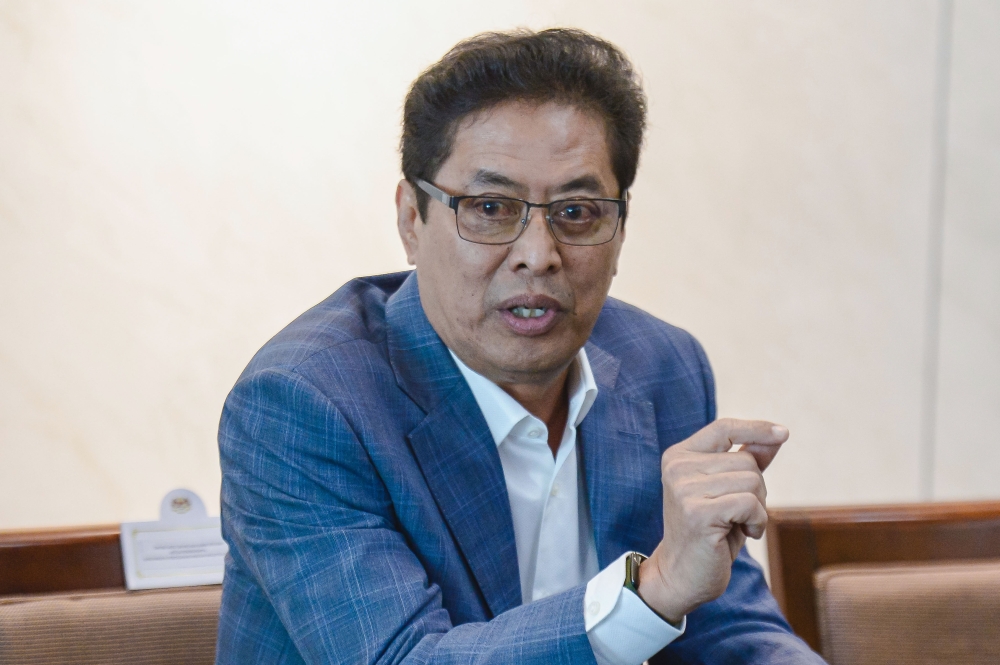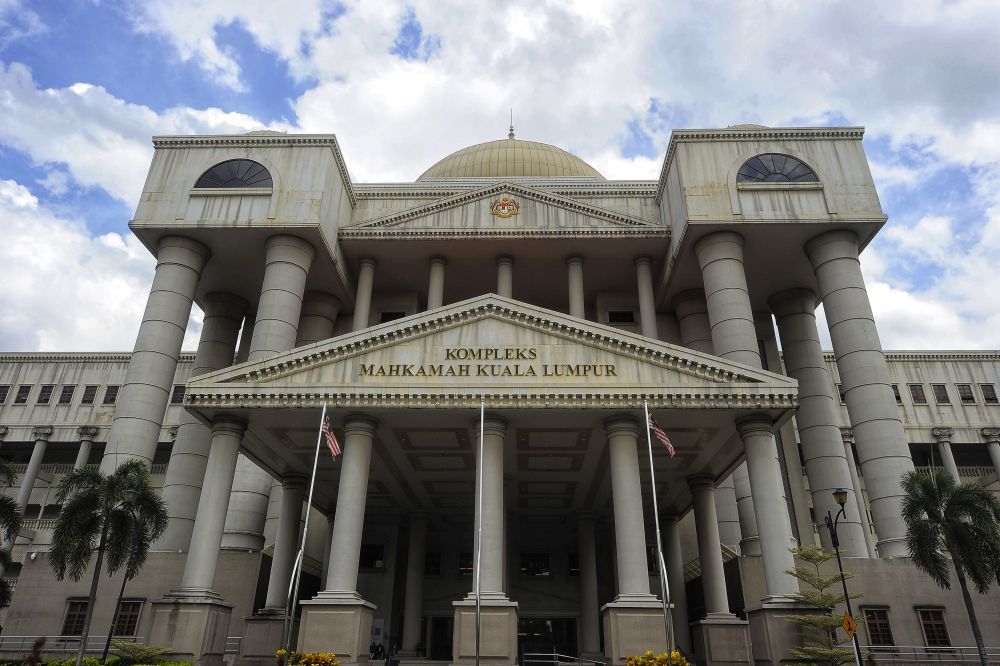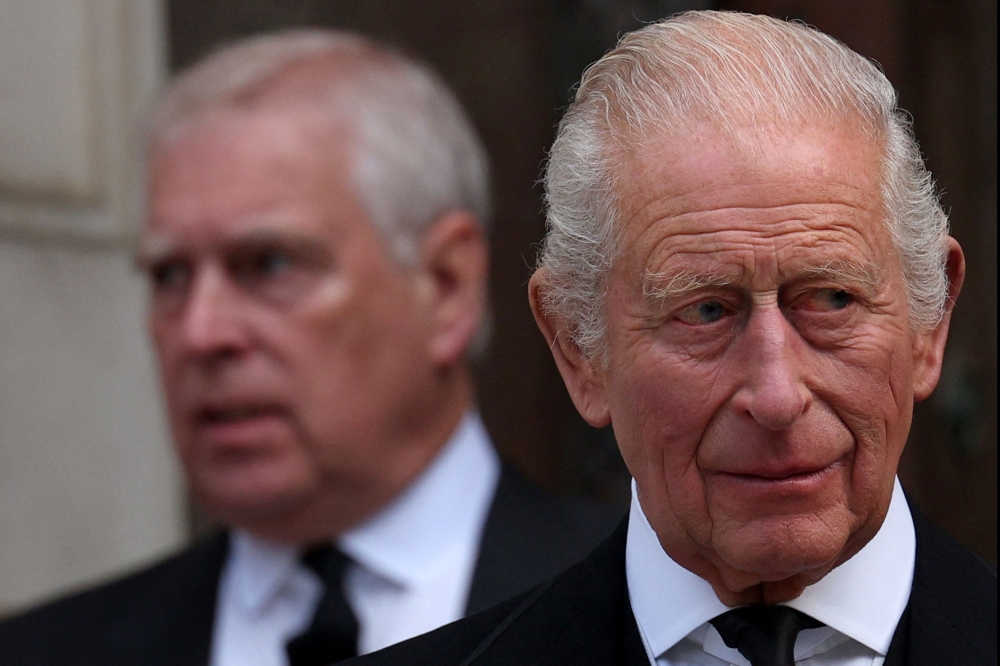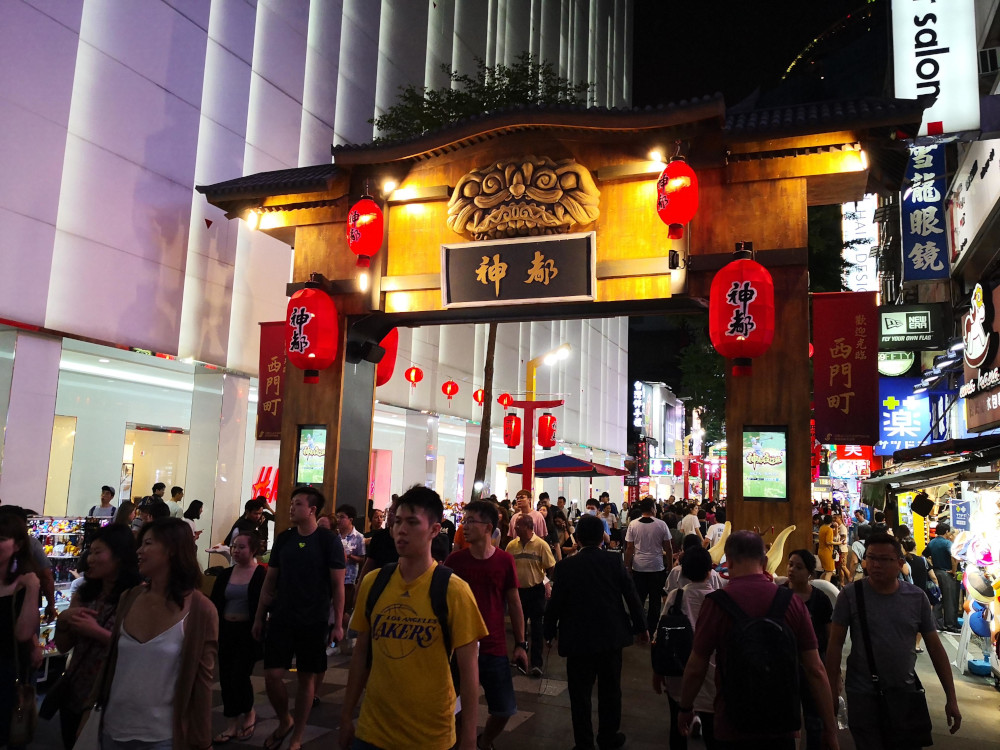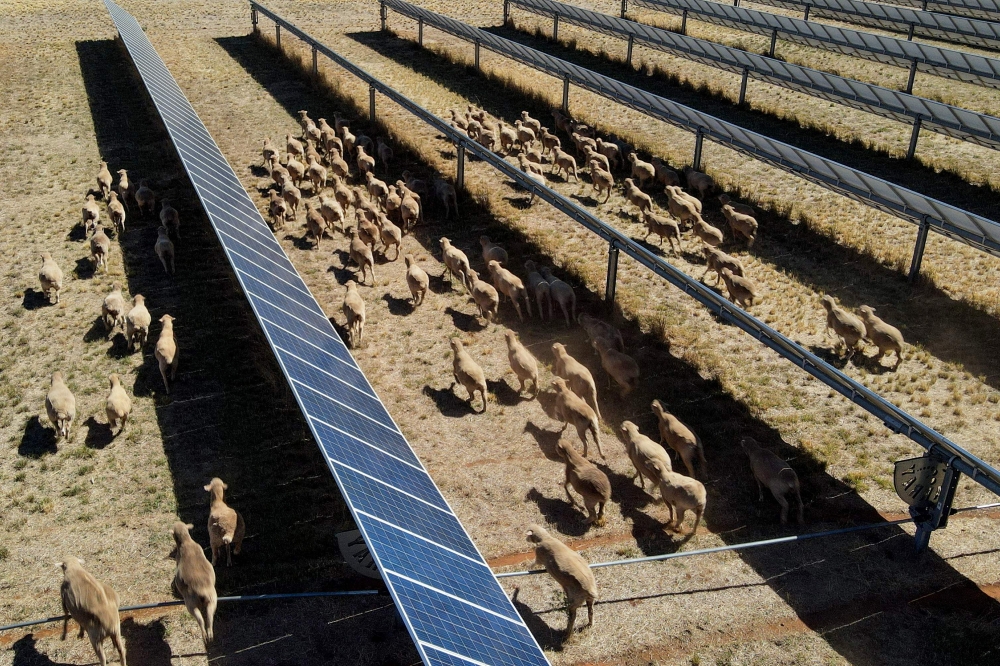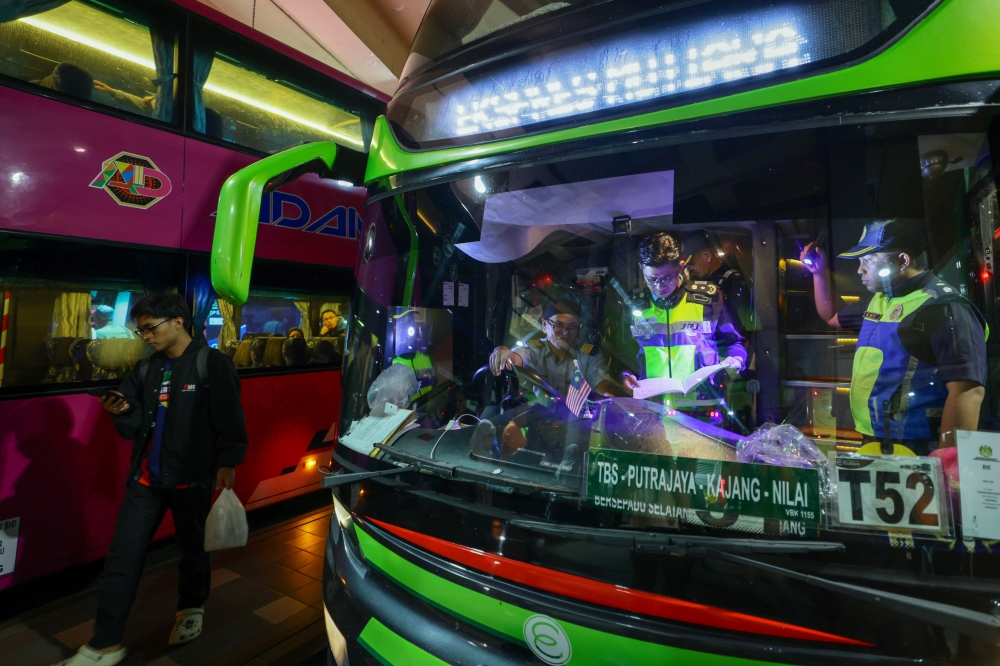KUALA LUMPUR, July 8 — Malaysia’s “Look East” policy is oft-linked with Japan and South Korea, but Taiwan — closer to us both geographically and culturally — is eager to be in the same company.
To that end, the small island-state is making a case with its “New Southbound Policy”, a reboot of a previous strategy to expand its regional influence via foreign direct investments in the Asean region.
Introduced after Tsai Ing-Wen won the country’s 2016 presidential election, it is a re-envisioning of the earlier approach, this time with a strong emphasis on dialogue and soft power to fill the gaps where investments alone cannot.
The success of the NSP is crucial for Taiwan due to China’s Belt-Road Initiative, which brings with it funding and financial sweeteners that the tiny nation cannot match.
To narrow the margin, Taiwan is offering countries encompassed by the NSP — Malaysia plus 17 others in Asean, South Asia and Australasia — its technical expertise in areas such as science, research & development, agriculture, culture and tourism, education and more, with an eye on mutual prosperity.
Such partnerships grow more valuable for Taiwan as China’s influence spreads. The superpower considers Taiwan a rogue state and disavows formal ties with any nation that adopts diplomatic relations with it, leaving Taiwan formally recognised by only 17 countries today.
Malaysia withdrew its official recognition of Taiwan in 1974 but the two countries continue to co-operate informally, with the latter maintaining an Economic and Cultural Office here that effectively functions as its embassy.
Malay Mail was invited on a tour of Taipei, Taiwan’s capital, that showcased what both countries have in common and what the more advanced nation was keen to share.
Shared culture
Nearly 3,000 kilometres apart, it is easy to suppose that Malaysia and Taiwan have very little history in common but the former holds a special place in the latter’s origin story.
Prior to its formation, Taiwan’s spiritual father, Sun Yat-sen, had sought refuge in Malaya while in exile from China. Sun was also credited with launching the first local Chinese vernacular daily, Kwong Wah Yit Poh, which remains active today.
The NSP seeks to build on such existing cultural and historical connections to bring Taiwan closer to its southern neighbour for its pivot away from China.
Unlike the previous iterations, however, the current strategy is for a two-way street and is as much about reminding Taiwan of its ties to NSP countries as it is the other way.
According to deputy director-general of Taiwan’s International Information Services Department Chi Yung-chiang, Taiwan three decades ago knew “very little” of its southern neighbours but gradually learned of their shared bonds and potential for collaboration when the policy was first introduced.
Chi said this has accelerated with the broader scope of the NSP.
“For me, this policy really makes sense. And this time, we are focussing on other areas than investment; culture, tourism, medical and all other forms of co-operation. That will create more shared opportunities for us all,” he told Malay Mail during the media tour.
While there is a natural link between Malaysia and Taiwan by way of the two’s ethnic Chinese communities, Taiwan is also eager to accommodate the former’s Muslim majority.
Taiwan as is now considered the most Muslim-friendly country in the Far East and one of the best non-Islamic countries worldwide for Muslim visitors.
Muslim-friendly tourism
Taiwan is home to an estimated 60,000 native Muslims, a sliver of its 23 million population, yet the country now boasts nearly 200 halal-certified restaurants and hotels.
This is motivated by growing Muslim arrivals such as the over half-million Malaysians and over 200,000 Indonesians who visited Taiwan in 2018, according to the country’s data.
Halal is a buzzword at the moment in Taiwan, with food producers chasing certification both for the local tourism market as well as for export to Muslim nations that are part of the NSP.

At the recent Taipei International Food Show, halal-certified exhibitors were given an exclusive section to showcase products ranging from halal bubble tea to organic flour.
Such is the country’s current fixation with halal certification that one exhibitor was also exploring the viability of halal vending machines.
Officially, there are but eight mosques in Taiwan but the government has aimed to supplement these by encouraging hotels to provide prayer rooms. These efforts earned a commendation for the country in a US State Department report last year, which lauded it as making “significant progress” in promoting Muslim rights.
“We are not a Muslim country but we are very eager to build Taiwan into a Muslim-friendly society,” Lee Guann-Lye, the deputy director-general of Taiwan’s Bureau of Foreign Trade, said.
Taiwan remains a top destination for Malaysian tourists but is itself a major source of visitor arrivals here. In 2018, over 380,000 Taiwanese came to Malaysia, making it the 10th largest source of arrivals here.
Science and research
Positioned as the “Silicon Valley of Asia”, Taiwan is home to some of the world’s most innovative research and development facilities in the region, an edge the Tsai administration is eager to share with its NSP partners.

Just outside of Taipei is the Hsinchu Science Park, a science and technology cluster that was inspired by the actual Silicon Valley as well as similar facilities in Japan, South Korea and Europe.
Among those based here is the National Applied Research Laboratories (NARLabs), which has under it divisions working in areas ranging from cutting-edge computing research to ocean and space exploration.
Each division is discrete yet they come together in a synergy that is the result of an overarching policy for learning the government has pursued since the early days.
At NARLabs’ Taiwan Semiconductor Research Facility (TSRI), there are clean rooms that go up to the highest Class 1, necessary for R&D into processor chips that are now measured in nanometres, as well as virtual laboratories open to educational partners including those from NSP countries.
It additionally conducts research into high-performance computing, autotronics, Artificial Intelligence (AI), Internet of Things (IoT), and telecommunications, all of which are relevant to Malaysia in its push to become a developed nation.
“Taiwan has co-operation with several countries, and the researchers from these countries collaborate with us on projects.
“For example, these researchers abroad can design the chips in our clean rooms or they can design new devices to be realised in our facilities,” Shieh Jia-Min, the deputy director-general of TSRI, explained.
In the Asean region, Shieh said only Thailand has taken advantage of these available facilities, before adding that others remain welcome to join.
Down the road from TSRI are both Taiwan’s National Space Organisation (NSPO) and the Taiwan Instrument Research Institute (TIRI); it was here that the synergy was most obvious.
At the NSPO, Malay Mail was shown the facilities used to assemble and test a constellation of six satellites under the FORMOSAT-7 banner that was coincidentally launched during the visit.
These included thermal vacuum testing chambers used to evaluate the satellites’ durability against the rapid temperature fluctuations as well as the low pressure in space.
“I designed one of those,” Chen Fong-Zhi, TIRI’s deputy DG, said with palpable pride when asked about the chambers.

TIRI was founded in 1973 to help accelerate Taiwan’s innovation by replicating scientific equipment that had then been costly to acquire, beginning with a rudimentary microscope for use in the country’s schools.
Today, its functions have become a necessity; due to Taiwan’s lack of formal relations with most countries, those that produce sensitive equipment and technology needed for space research often decline to sell these to the island-state.
Consequently, outfits such as TIRI are entrusted with developing these in-house and to offer the technology to others such as NSP countries who may be interested in similar research.
After its founding, TSRI went on to incubate nearly 300 offshoots including the Taiwan Semiconductor Manufacturing Company (TSMC), the world’s largest independent semiconductor maker.
Education
Aside from offering its facilities to researchers and students from NSP countries, Taiwan is also seeking to encourage more youths from Asean nations such as Malaysia to pursue their tertiary education there.
President Tsai previously said her country aims to increase Asean student enrolment by 20 per cent annually to reach 60,000 this year.
Taiwan is already a natural destination for many of Malaysia’s Chinese independent high school leavers who graduate with the Unified Examination Certificate, which is accepted as entry qualification there but not yet in public universities here.
Last year, Taiwan’s Education Ministry offered full scholarships to 32 Malaysians.
“In addition to these, there are also various scholarships offered by the private sector and the universities themselves,” Lee said.
This is not entirely altruistic, he conceded when saying the scholars could then serve as informal ambassadors for Taiwan and hopefully facilitate his country’s improved cooperation with their home nations.
“They understand Taiwan, the society, and the culture.”
Trade and investment
While human exchanges are a key part of the NSP, trade and investment remain at its core. Last year, bilateral trade between Malaysia and Taiwan grew over 20 per cent to hit US$23.75 billion (RM98.05 billion).
Taiwan is also consistently among the top 10 investors in Malaysia.
Lee from the Foreign Trade Bureau said while Taiwan continues to encourage its businesses to send investments Malaysia’s way, the latter could also use Taiwan as a springboard to other trade destinations.
“We especially welcome the new (Malaysian) government to utilise Taiwan as a gateway to the China market and the rest of the world,” Lee said, noting that the ongoing trade war between the US and China provided new opportunities in Malaysia-Taiwan business co-operation.
Among these was the possibility of Taiwanese firms relocating their Chinese facilities to Asean nations to mitigate the effects of the trade war.

Another focus is on agricultural co-operation, which Taiwan is using to overcome its inability to match China’s ability to bait the BRI with financial incentives.
To this end, Taiwan’s Council of Agriculture (COA) is seeking to share its findings and knowledge on areas such as climate change, sustainability, automation, food safety, and animal husbandry with countries within the NSP umbrella.
For COA deputy director-general COA Vincent Lin, his country’s agriculture tech is highly transferable to Malaysia as the independent smallholder system is common in both.
Such knowledge sharing is already in effect here, he said when noting his agency’s Taiwan Agricultural Research Institute was operating demonstration farming facilities in collaboration with the Southern University College in Johor.
With its access to information technology, Taiwan is also moving ahead with integrating Big Data into its agricultural research, with Lin explaining that his agency was using this to help farmers plan their cultivation, predict crop yields and to mitigate climatic events such as typhoons and hurricanes.
Gaps in execution
As promising as the NSP appears on paper, however, not all are convinced that it is being implemented to full effect.
Chung-Hua Institution for Economic Research director Liu Da-Nien called the policy too investment-centric and one-way, flowing from Taiwan to its NSP partners, making it not fundamentally different from previous versions dating back to the 1990s.
Arguing that the NSP is meant to be mutually beneficial for Taiwan and its partner nations, Liu contended that not enough was being done to discover what was needed by NSP countries.
“Malaysia, for example, has many legitimate candidates that may be interested in investing in Taiwan, so in the future, I think the government must consider how to attract investments from South-east Asian countries.
“Right now, the government is still concentrating on attracting firms like Google, Facebook — large, well-established Western enterprises,” he said.

Liu’s colleague, Lee Roy Chun, the deputy executive director of Chung-Hua’s Taiwan WTO and RTA Center, also said the NSP should be supplementary to market forces that already provide adequate signals to businesses.
Lee said the NSP was on the right track in building co-operation with countries that could then lead to formal trade arrangements, which would then boost Taiwanese firms’ confidence to invest externally.
Malaysia does not currently have a trade agreement with Taiwan but the two signed a memorandum of understanding in 2018 to enhance co-operation and promotion of bilateral trade.
Taiwan is also eyeing collaboration with Comprehensive and Progressive Agreement for Trans-Pacific Partnership (CPTPP) member nations; Malaysia is a signatory state but has not ratified the trade agreement.


